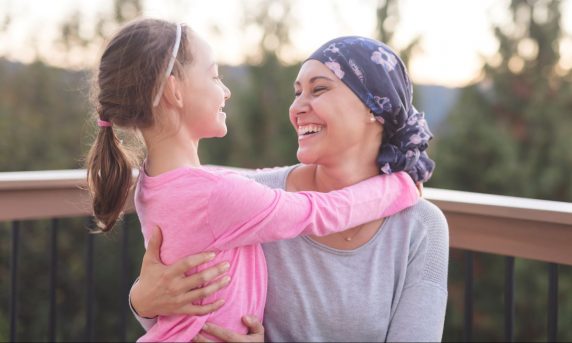You’ve heard the warnings in the media or from well-meaning mothers. But does everything they say cause cancer, actually cause it?
We asked experts with the Hartford HealthCare Cancer Institute to help debunk eight myths about what causes cancer.
Plastics in the microwave.
Don’t be afraid that plastic food containers or wrap release cancer-causing chemicals into food when reheating leftovers if you choose ones marked free of DEHA and dioxins. The FDA now regulates plastic food containers, marking those free of such chemicals as “microwave-safe.”
Artificial sweeteners.
The National Cancer Institute (NCI) found no truth to claims that artificial sweeteners cause bladder cancer. They might increase risk of things like type 2 diabetes and high blood pressure, but they do not cause cancer.
> Related: This Artificial Sweetener Can Raise Your Risk of Heart Attack and Stroke
Cell phones.
Alexis Demopoulos, MD, a neuro-oncologist with Hartford HealthCare, says the number of people diagnosed with malignant brain tumors each year is the same today as before 2001, when cell phones were less common, leaving experts convinced that phones do not cause brain tumors.
X-rays/mammograms.
Just because radiation is part of what makes x-rays and mammograms work doesn’t mean it’s at a high enough level to cause cancer, explains Patricia DeFusco, MD, director of the Hartford HealthCare Cancer Institute Breast Program. The dose of radiation in a single x-ray is less than the average amount of background radiation we get in offices in seven weeks, according to the American Cancer Society (ACS) and NCI.
Hair products.
Dye and shampoos containing sodium laureth sulfate or sodium lauryl sulfate for foaming were linked to increased cancer risk. A 2017 study even pointed to a higher risk of breast cancer in Black women using dark hair dyes. Yet, dozens of other studies found no evidence we risk cancer by dying or lathering up our hair and ACS states there is no clear connection, Dr. DeFusco says.
> Want more health news? Text StartHere to 85209 to sign up for text alerts
Antiperspirant/deodorant.
The NCI refutes claims the chemicals contained in many popular products to control sweating and odor cause cancer, Dr. Defusco says.
Underwire bras.
Researchers in 2014 investigated the alleged link between underwire bras and breast cancer, finding no difference in breast cancer rates among women wearing that type of bra and those who did not, says Dr. Defusco.
Candy canes.
The white stripes in this holiday treat get their color from titanium dioxide, yet the small amount in a candy cane poses no risk, says Diane Avino, RDN, an oncology nutritionist. The same is true for the Red 40 dye for the red stripe. It’s regulated by the FDA, which keeps the amount in candy canes at a safe level.




